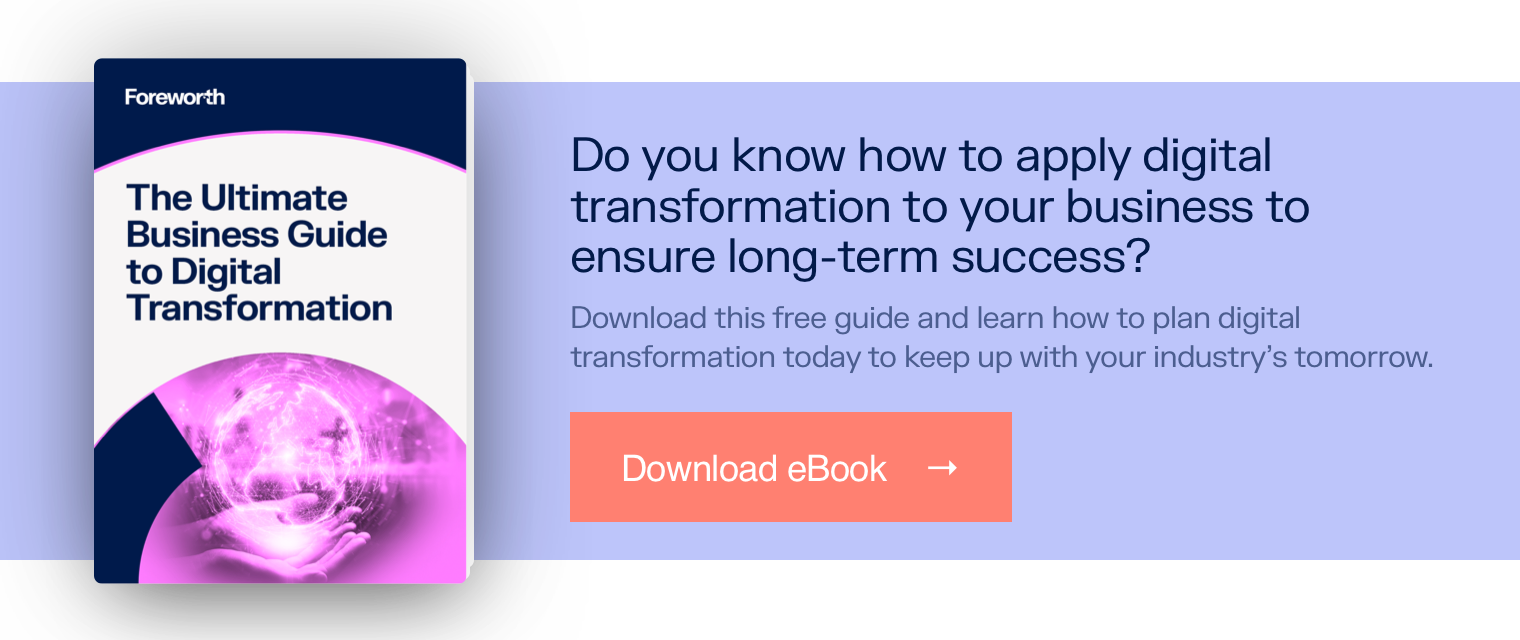Startups receive advice from many different people over their lifecycle. In fact, it’s not easy to figure out who you should be listening to at any given time.
This guide will help you understand when you need to look outside your organization for advice and how to go about choosing a specialized advisor.
What is a startup advisor?
A startup advisor is someone who has an ongoing relationship with a startup that provides industry or business guidance. They are typically armed with a lot of practical experience that company founders or executives can draw upon. Serial advisor Joe Procopio shares the following:
“Preferably, your advisors are people who have been through building the kind of company you want to build, several times, with both successes and failures.”
The level of commitment of a startup advisor can range from casual advice to a formal advisory relationship with agreed time commitments. In the latter case, the advisor becomes a part of the company’s decision-making process. A formal advisor is typically compensated with an agreed rate of pay and/or equity.
How are startup advisors different from other “advisors”?
- Mentor. While startup advisors help guide companies, a mentor typically provides guidance on an individual level, which can include career and role-specific advice. Founders often do have mentors, but compared to an advisor the input tends to have a focus on personal performance and leadership.
- Board of directors. A startup’s board of directors is a governing body that has a lot of legal control over the company, whereas an advisory board is assembled as needed to provide whatever strategic advice or guidance the company needs.
- Consultant. A consultant’s role is often focused on solving a specific issue, and less likely to be compensated with equity due to the shorter-term nature of the relationship.

How to choose a startup advisor
Stephen Forte from Fresco Capital has advised multiple startups and has the following useful tips for choosing an advisor.
- Find someone who fills some of the skill gaps in your current team.
- Choose an advisor suitable for the 6-12 months ahead (you’ll likely need a different advisor for different stages of growth). Do you need help with industry contacts, a product launch, raising funding, or making contacts in preparation for an exit?
- Look for people with battle scars who have been doing business for a long time to improve your development, advertising, and financial strategies.
How to forge a strong relationship with your advisor?
Forte says you need to set expectations early for the advisory relationship.
- Establish how often you will meet and for how long.
- Formalize the relationship with a contract to avoid legal disputes (and to ensure your advisor takes the relationship seriously).
- Compensate your advisor to keep them engaged (usually 0.2-1.0% equity).
- Have a mechanism for removing the advisor (e.g. a set length of contract). In a year or two you will be at a different stage and may need an advisor with a different skill set to match.
Having some of these conversations up-front can be challenging, but they will help you avoid a mismatch of expectations in the future.
What do you need, and what are you offering?
The guidelines above will give you a place to start when choosing and working with a startup advisor. If you want to find that perfect match, start talking to potential advisors about what you need and what you’re willing to offer in exchange. Remember, your relationship with a startup advisor is defined by what you agree upon.
About the author
Elena Leralta
Working as Foreworth’s Chief Financial Officer, Elena possesses a wealth of knowledge on business management and finance owing to her over 20 years of experience working in the financial sector.
More info →

What do you think? Leave us your comments here!